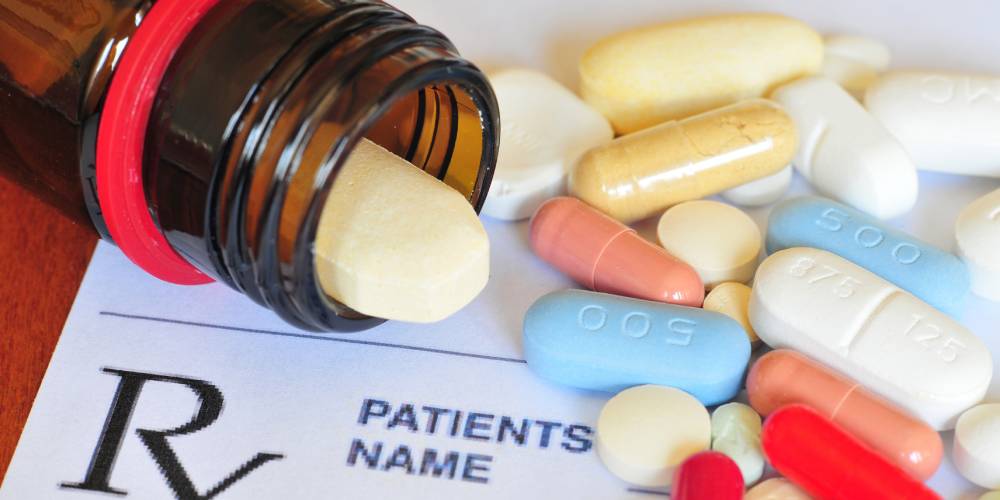Although sometimes a car accident is caused by a negligent driver, in some cases it is a defect in the car itself that leads to an accident. Faulty brakes, airbag malfunctions and engine fires can all lead to devastating accidents that injure or kill the individual operating the vehicle. Although sometimes dangerous and defective automotive products are recalled, this does not always prevent accidents from happening. When an accident is caused by a defective automobile, residents of Chicago may want to take legal action.
In certain cases, a person pursuing legal action after an accident caused by an auto defect may be able to do so not merely on the grounds of negligence but through strict liability. This means the individual bringing the suit need not show the automobile manufacturer was careless. However, to satisfy the doctrine of strict liability, three elements must be met.
First of all, it must be shown that the allegedly defective part was unreasonably dangerous. The defect at issue must have originated in the way the automobile was designed, manufactured or delivered. In some cases, a failure to warn could also lead to a defect being unreasonably dangerous. Second, the victim must have been injured due to the defect at issue when operating the automobile in the manner it was meant to be used. Finally, the victim must not have substantially changed the automobile at issue, meaning altering the automobile in a manner that alters its performance.
Strict liability is just one doctrine a products liability suit can be brought under. Of course, the information in this post is for general purposes only. A Chicago products liability attorney can be consulted to determine on what grounds the victim of a defective automobile can bring a lawsuit.

